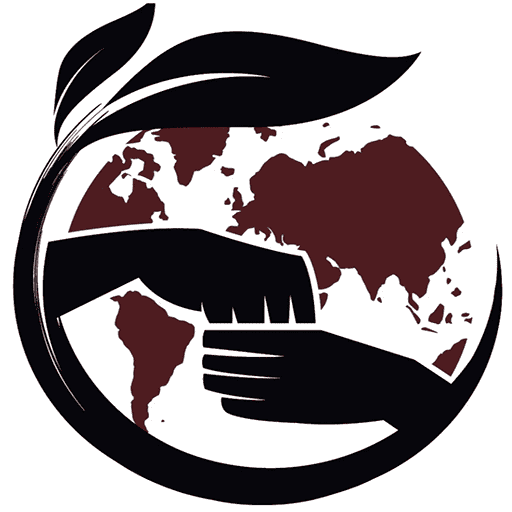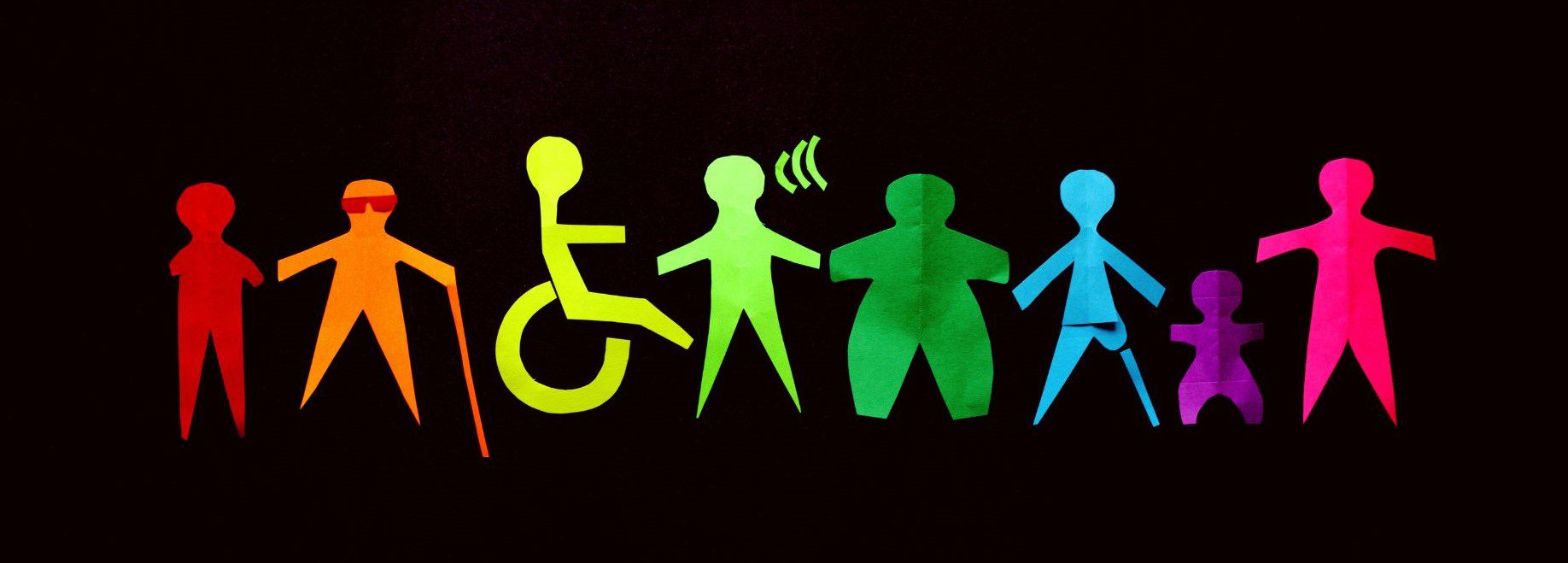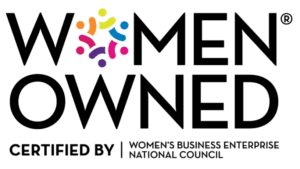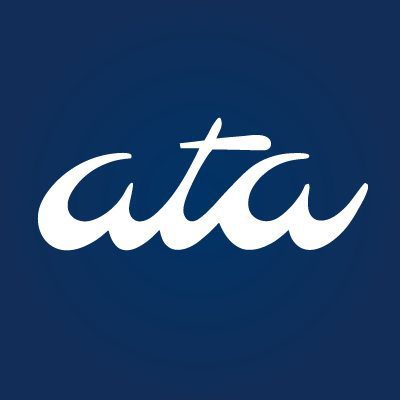July is Disability Pride Month, chosen in honor of the Americans with Disabilities Act (ADA) passed on July 26, 1990. The ADA prohibits discrimination against people with disabilities in areas such as employment, transportation, public accommodations, and communications.
However, despite the ADA celebrating its 33rd birthday this year, the events industry still faces a lack of accessibility. With over 1.3 billion people with disabilities globally, organizations and events that fail to provide reasonable accommodations not only risk backlash and potential lawsuits but also limit their potential audience reach.
It is essential to understand that accessibility is not a one-size-fits-all concept. It encompasses a broad spectrum of requirements, ranging from barrier-free venues to the provision of audiovisual aids and sign language interpretation. Moreover, cultural barriers and a lack of diversity can further exclude individuals, leading to missed opportunities to learn from diverse backgrounds and perspectives.
By recognizing Disability Pride Month and embracing the principles of accessibility, event organizers can demonstrate their commitment to inclusivity and equal opportunities for all attendees. Inclusive Communication Services is here to assist your organization in planning and incorporating accessible solutions for your next event. Together, let us explore a comprehensive checklist that will guide you in making your event truly inclusive, enabling every participant to fully engage and enjoy the experience.
Creating Accessible Events: A Checklist for Organizers
- Venue Selection and Accessibility
When selecting a venue for your event, confirm the following:
- The venue has accessible parking, ramps, entrances, and restrooms.
- The venue has designed seating areas with clear paths of travel for individuals with mobility aids and a clear view of the stage/screen for individuals requesting interpreters.
Prior to your event’s opening day ensure:
- Check-in station has signage with alternative formats, such as braille or large print, providing information about on-site accommodations.
- Staff members are trained in disability etiquette, inclusivity, and details regarding requested accommodations.
- Inclusive Marketing and Communications
Clearly advertise your event’s accommodations to help attract a wider range of attendees and communicate the event’s commitment to accessibility and inclusivity.
Consider the following:
- Include accessibility information on event invitations, websites, and promotional materials. Use diverse representation in marketing campaigns to encourage inclusivity.
- Offer accessible registration options, including online forms that are screen-reader friendly for Blind and Low Vision individuals.
- Provide a section on registration forms to request accommodations.
- Consult with individuals with disabilities during the planning process to gain insight into their specific needs.
- Consider inquiring about dietary options that cater to diverse needs and allergies in the registration process.
- Interpreting Services
Overcome language barriers by providing professional interpreters. Relying solely on AI-translated speech can create additional barriers and risk miscommunication with your attendees.
Ensure the following:
- Provide sign language interpreters for Deaf and Hard of Hearing individuals.
- Provide foreign language interpreters for attendees who do not speak the event’s primary language.
- Captions, Subtitles, and Audio Descriptions
Some individuals with disabilities prefer captioning to interpreting services. Captioning your event can make a significant difference to all attendees.
Take the following steps:
- Provide live captions or CART (Communication Access Real-Time) for Deaf and Hard of Hearing individuals.
- Ensure all video and audio media at your event is subtitled.
- Offer audio descriptions for Blind and Low Vision Individuals.
- Audiovisual and Technology Considerations
Event organizers can be prepared to create an inclusive environment that allows individuals with disabilities to fully engage with the event and participate in all aspects of it.
Consider the following:
- Offer assistive technology such as amplification devices and mobility aids.
- Ensure that event materials and presentations are accessible, such as using readable fonts and color contrast.
- Test all audiovisual and technological equipment before the event to ensure their accessibility features are functioning correctly.
- Virtual Attendance Options
Offering virtual attendance options, such as live streaming or video conferencing, can provide an alternative for attendees who physically cannot attend the event. It is important to ensure that your virtual attendance options are accessible and inclusive.
Consider the following:
- Include accessible accommodations such as captioning and audio description voice over in your virtual attendance options. These features enable Deaf, DeafBlind, and Hard of Hearing individuals to fully engage with the event.
- Consider recording your event and adding accessibility assets in post-production, such as multilingual subtitles and in-screen video translation. This expands the reach of your event and ensures that language is not a barrier for participants.
Accessibility is an integral part of planning an inclusive event that embraces diversity and ensures equal opportunities for all participants. By following the checklist provided, event organizers can take significant steps toward creating accessible events that accommodate a wide range of needs. By prioritizing accessibility, organizers not only avoid negative reputation and potential legal consequences but also unlock the full potential of their events by reaching a broader audience.
Download Your Inclusive PDF Checklist for Planning Accessible Events
Let us celebrate Disability Pride Month by committing to making events accessible and inclusive for everyone. Inclusive Communication Services is here to provide the accessibility solutions you need to make your next event truly inclusive.
Contact us today to ensure that your event leaves no one behind and provides an enriching experience for all participants.






